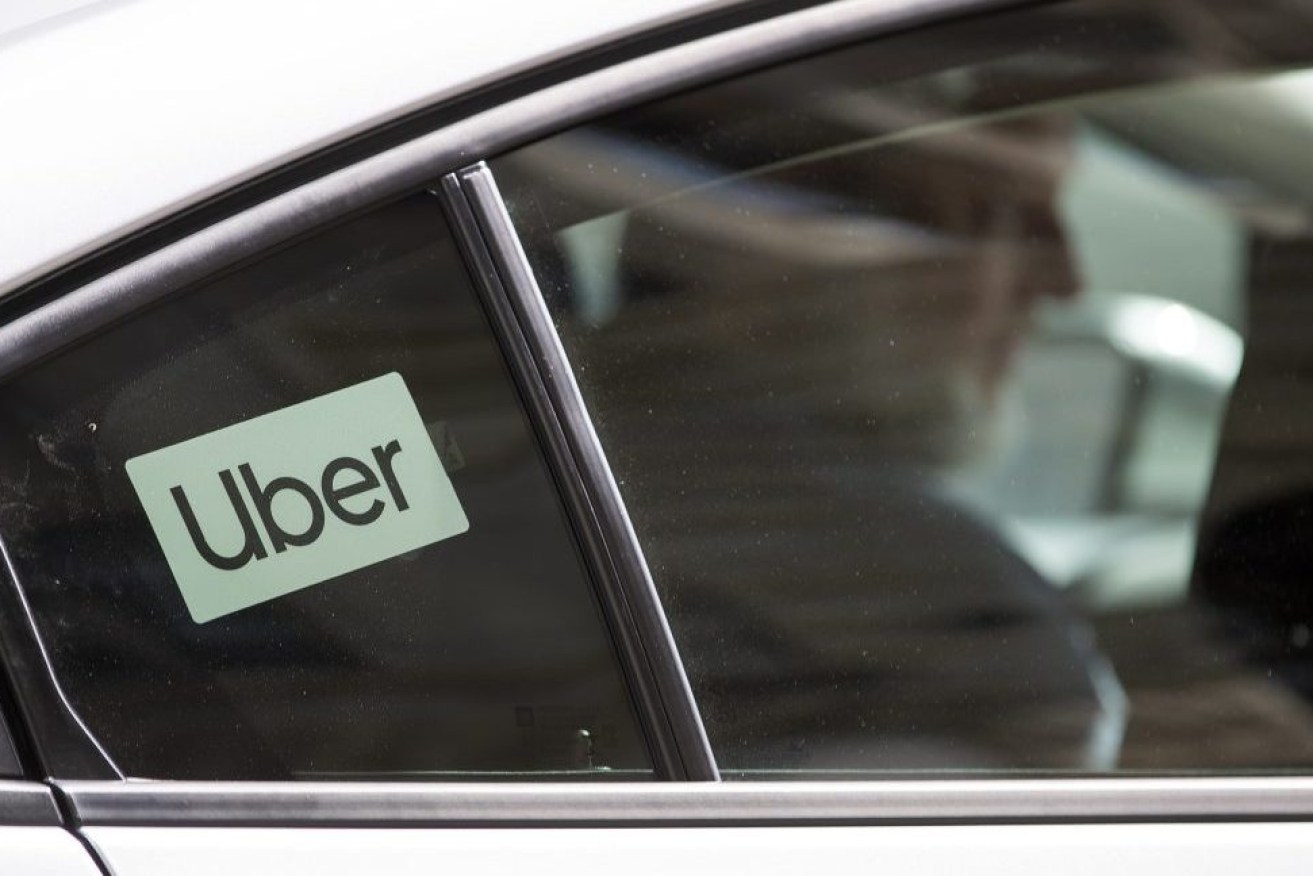SA Unions presses parliament to improve rights for gig workers
A Parliamentary committee has been presented with six “actionable” examples of how South Australian gig workers can be supported alongside data detailing the stresses those in the space suffer.


Photo: Erik Lesser/EPA
South Australian gig economy workers should receive workers compensation, portable paid leave and more secure working conditions according to SA Unions secretary Dale Beasley who yesterday told the Select Committee on the Gig Economy that those hustling for apps like Uber, DoorDash and MenuLog were “at genuine risk of fatigue”.
In his statement, Beasley told the committee chaired by Labor MLC Irene Pnevmatikos that lawmakers could act to ensure the safety of gig workers by giving them similar rights to those under more traditional employment contracts.
Ranging from pressuring the government to engage in the “ethical procurement” of goods and services by not “perpetuating or supporting the gig economy” to insourcing employment and minimising its use of contractors, Beasley’s submission aimed to address the “myriad of problems” SA Unions has with insecure gig work.
“Gig work can be incredibly problematic for workers, and most of these problems are deliberate design features,” Beasley said.
“Gig work arrangements are characterised by the deliberate strategies used to remove the employer-employee relationship and by design gig work arrangements are characterised by remoteness and disconnection.
“It’s highly transactional and impersonal. Workers…are almost invisible on the platform.”
Beasley’s evidence follows Transport Workers Union (TWU) SA branch organiser Sam McIntosh’s submission in May, when he told the Select Committee that a state-level body was needed to protect rights for drivers working for on-demand goods and services apps.
Beyond the ethical procurement and insourcing proposals, Beasley suggested the introduction of “portable paid leave” entitlements for workers between and across different platforms, a workers’ compensation insurance scheme to ensure gig workers are supported if unable to work, a legislative requirement that universities preclude gig arrangements and a requirement that platforms identify and address risks that are inherent in gig work.
The secretary’s submissions came alongside evidence that food delivery drivers were amongst the lowest paid workers in the country, and that there was “no monitoring of fatigue across platforms”.
“Fatigue, isolation, inadequate reward and recognition…are well-known psychological hazards and these are things that put health and safety at risk but which go unchecked in the gig economy,” he said.
“The work itself is dangerous. To quote the TWU, since 2017, 11 food delivery drivers and one rideshare driver have been killed in Australia.
“Gig workers face real risks in the work that they do and gig work is becoming increasingly prevalent.”
Following Beaseley’s submission, the committee heard from McKell Institute CEO Edward Cavanough, whose policy think tank released findings from a survey of 1,006 gig workers earlier this year.
That survey found around 9,000 workers in South Australia’s gig economy were earning below minimum hourly rates of pay, and that many of those work “inherently risky” overtime hours leading to injuries at work.
Further, 41 per cent of those surveyed by the McKell Institute reported working overtime (more than 40 hours per week) without earning overtime rates and 45 per cent said they had struggled to afford everyday items like groceries and household bills.
Cavanough said that in this post-COVID era of flexible work being promoted by employers, gig economy platforms were using popular corporate terms as a “Trojan horse for underpayment and exploitation”.
“These San Francisco-based corporate behemoths [are] shifting the risks onto vulnerable low-income workers in our jurisdiction,” the McKell Institute CEO said.
“These companies are not South Australian success stories – they are foreign firms that are imposing this structure on our labour market and that’s fundamentally wrong, and I think it needs to be called out.
“Worryingly, we are seeing this form of employment metastasise through the economy. It’s not just people dropping food off, it’s people caring for NDIS workers, it’s in aged care, it’s a model that we’re seeing seep through our economy and it’s something to be really worried about.”
Cavanough suggested the committee endorse the employee-like contractor model currently being considered by the Commonwealth Government, which would cover workers like those in the gig economy who appear to work as an employee of a firm but are in fact classified as an independent contractor.
He also asked the committee to consider covering gig workers with workers compensation that is contributed to by platforms, and suggested the tertiary education sector has a role to play in teaching international students about the different types of employment and their rights in different work contexts.
The CEO followed SA Unions in also proposing portable entitlement schemes for contracted workers.
“If they get sick tomorrow there’s absolutely no support for them,” Cavanough said.
“That’s something we can remedy.”




